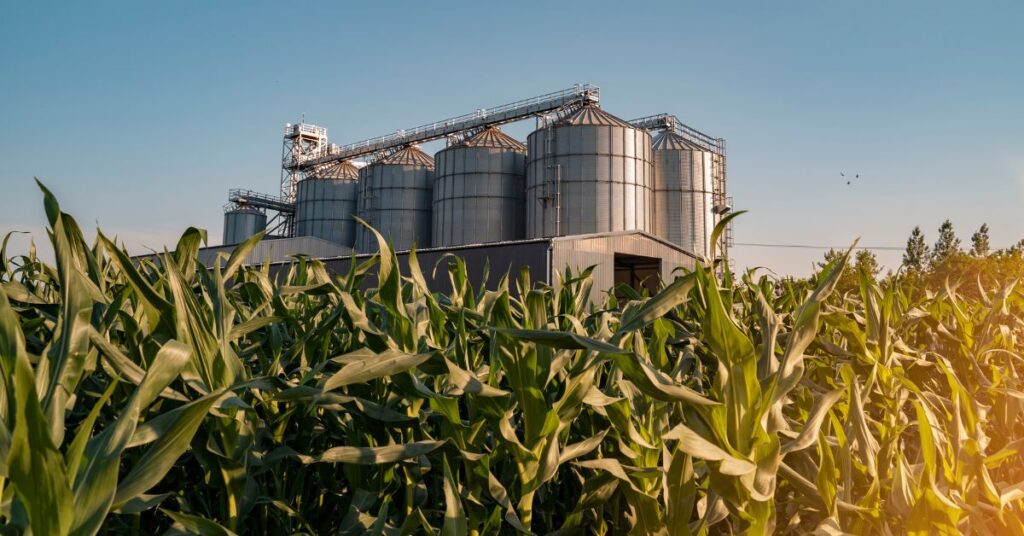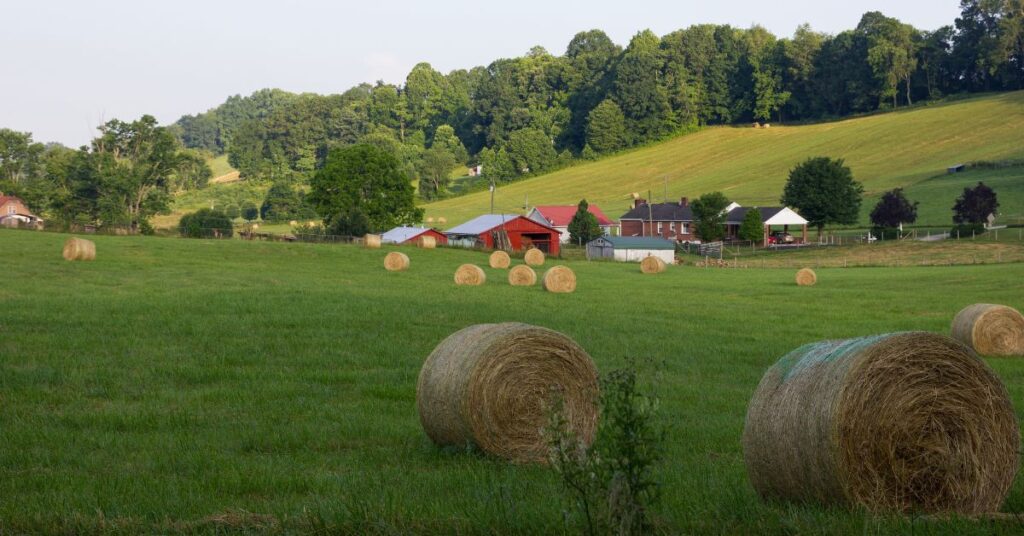Farm management is one of agriculture’s most demanding yet rewarding career paths. A farm manager serves as the leader of agricultural operations, coordinating everything from crop production to financial planning.
The role requires a unique blend of hands-on experience and strategic thinking, making it both challenging and intellectually stimulating for those passionate about agriculture.
Understanding these key responsibilities helps illuminate why farm managers are so crucial to modern agriculture. Their decisions directly impact food production, environmental sustainability, and the economic viability of farming operations.
Let’s explore the key responsibilities of a farm manager so you can learn how to find the right agriculture expert for your operation.
#1 Strategic Planning and Farm Operations Coordination
Farm managers begin each season with comprehensive planning that sets the foundation for successful operations.
This responsibility involves analyzing soil conditions, weather patterns, and market demands to determine the most profitable crops or livestock ventures for the upcoming year.
Effective planning requires farm managers to coordinate multiple moving parts simultaneously. They must schedule planting and harvesting times, arrange for seed and fertilizer deliveries, and ensure all equipment will be ready when necessary.
This coordination extends to managing seasonal labor requirements and planning for potential challenges like adverse weather or equipment breakdowns.
Successful farm managers also maintain detailed production records and use this historical data to inform future planning decisions. They track yield patterns, input costs, and profitability across different fields or livestock operations to optimize resource allocation and maximize returns.
#2 Building and Leading Agricultural Teams
A farm’s success depends heavily on the quality and dedication of its workforce.
Farm managers recruit, train, and supervise employees who handle everything from equipment operation to animal care. This responsibility requires strong leadership skills and the ability to communicate effectively with people from diverse backgrounds.
Training new employees presents unique challenges in agriculture, where safety and precision are critical every single day. Farm managers must ensure all workers understand proper equipment operation, safety protocols, and quality standards.
They also need to provide ongoing education about new technologies, sustainable practices, and regulatory changes.
Managing seasonal workers adds another layer of complexity to this responsibility. Farm managers often oversee crews during peak planting and harvesting periods, requiring excellent organizational skills and the ability to maintain productivity under pressure.

#3 Optimizing Crop and Livestock Production
The heart of farm management lies in maximizing production while maintaining quality standards.
For crop production, this means monitoring plant health, managing pest and disease issues, and optimizing irrigation and fertilization programs. Farm managers must stay current with agricultural research and technology to implement best practices.
Keeping Livestock Healthy
Livestock management requires equally specialized knowledge.
Farm managers oversee breeding programs, nutrition plans, and health protocols to ensure animals remain productive and healthy. They work closely with veterinarians and nutritionists to develop comprehensive care programs that meet both animal welfare standards and production goals.
Production optimization also involves embracing technological advances. Modern farm managers often implement precision agriculture techniques, use GPS-guided equipment, and analyze data from sensors and drones to make informed decisions about resource allocation and timing of agricultural activities.
#4 Equipment and Infrastructure Maintenance
Among the most important responsibilities of a farm manager is the management of equipment of infrastructure maintenance.
Farm equipment represents a significant capital investment that requires careful maintenance to ensure reliability and longevity. Farm managers develop preventive maintenance schedules, coordinate repairs, and make decisions about equipment replacement or upgrades.
This responsibility requires mechanical knowledge and the ability to balance maintenance costs with productivity needs.
Infrastructure and Modern Tech
Infrastructure maintenance encompasses everything from buildings and fences to irrigation systems and storage facilities.
Farm managers must ensure all infrastructure remains safe, functional, and compliant with relevant regulations. They also plan improvements and expansions based on operational needs and available resources.
Modern farms increasingly rely on sophisticated technology, from automated feeding systems to climate-controlled storage facilities. Farm managers must understand these systems well enough to troubleshoot problems and coordinate with specialized technicians when needed.
#5 Financial Planning and Budget Management
Farm managers handle significant financial responsibilities, from developing annual budgets to managing cash flow throughout production cycles. They must understand commodity markets, input costs, and financing options to make sound economic decisions that ensure long-term profitability.
Budget management involves tracking expenses across multiple categories, from seed and fertilizer costs to equipment maintenance and labor expenses.
Farm managers analyze these costs regularly to identify areas where efficiency improvements might increase profitability without compromising production quality.
Financial planning also includes risk management through insurance policies and marketing strategies. Farm managers evaluate crop insurance options, forward contracting opportunities, and storage alternatives to minimize financial exposure to price volatility and production risks.

#6 Regulatory Compliance and Documentation
Agriculture operates within an increasingly complex regulatory environment. Farm managers must ensure compliance with environmental regulations, food safety standards, labor laws, and various certification requirements.
This responsibility requires staying informed about regulatory changes and maintaining detailed documentation to demonstrate compliance.
Environmental compliance often involves nutrient management planning, pesticide application records, and conservation practice implementation. Farm managers work with regulatory agencies and conservation organizations to develop plans that meet legal requirements while supporting sustainable production practices.
Food safety regulations require careful attention to harvest handling, storage conditions, and traceability systems. Farm managers implement protocols that ensure products meet safety standards from field to market, protecting both consumers and the farm’s reputation.
The Multifaceted Nature of Modern Farm Management
Farm management encompasses far more than traditional farming practices.
Successful farm managers combine agricultural expertise with business acumen, leadership skills, and technological proficiency to navigate an increasingly complex industry. The role continues evolving as agriculture embraces new technologies and responds to changing market demands and environmental challenges.
Farm managers who thrive in this environment remain curious, adaptable, and committed to continuous learning.
Find a Manager Now
Are you ready to find the right leader to drive your agricultural business forward? Hiring a skilled and knowledgeable farm manager can make all the difference in achieving operational success and long-term growth.
Look for candidates with a strong foundation in farm management practices, a track record of leadership, and a deep understanding of industry trends.
Reach out to our Northwest farm management team to talk to an expert about getting your operations organized. Invest in the future of your farm by bringing on a professional who can deliver results and help your business thrive.